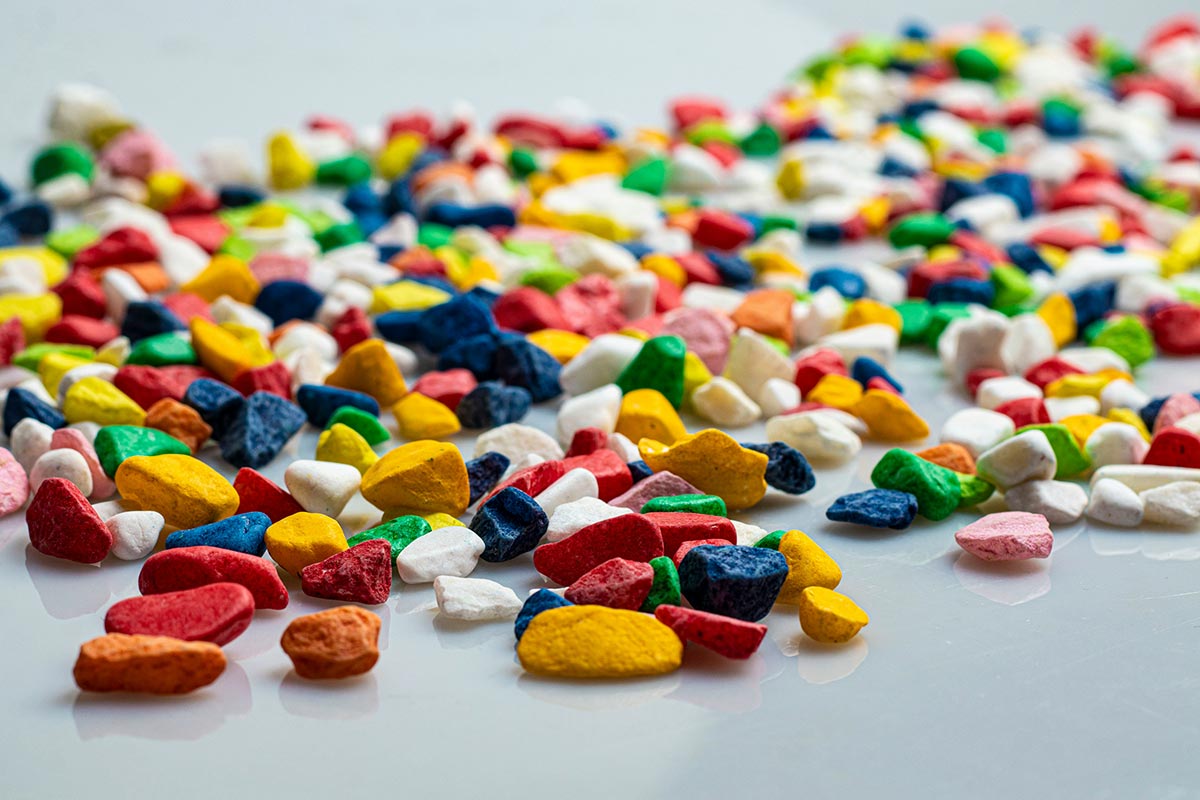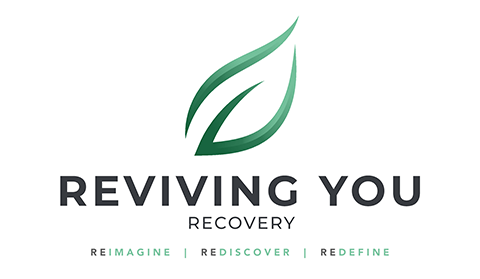How Long Do Popular Illicit Drugs Stay in Your System?

A Guide from Reviving You Recovery
Illicit drug use can have serious consequences—not just for your physical and mental health, but also for your relationships, employment, and overall well-being. One of the most common questions people ask when facing addiction, returning to treatment, or undergoing drug testing is: How long do drugs stay in your system?
The answer varies widely depending on the type of drug, frequency of use, body composition, and the type of test being used (urine, blood, hair, or saliva). At Reviving You Recovery, we’re committed to providing accurate, compassionate, and judgment-free information to help you make informed decisions about your health and recovery journey. In this article, we break down the detection windows for the most commonly used illicit drugs, factors that influence how long they stay in your system, and why understanding these timelines is essential for anyone navigating the path toward sobriety.
Why Drug Detection Windows Matter
Understanding how long drugs stay in your system can be important for several reasons:
- Preparing for detox or treatment
- Complying with court-ordered or workplace drug tests
- Assessing your health and withdrawal risks
- Preventing relapse and staying accountable in recovery
However, knowing the detection window doesn’t mean it’s safe to “wait it out.” Many drugs can affect your body and brain long after they’ve stopped showing up on a drug test. Detox and treatment offer a healthier and more sustainable path forward.
Key Factors That Affect Drug Detection Times
No two bodies are the same. How long a drug stays in your system depends on a variety of factors, including:
- Frequency and amount of use: Regular or heavy use leads to longer detection times.
- Type of drug: Some substances are processed and eliminated quickly, while others linger in body fat or organs.
- Metabolism: A faster metabolism may eliminate substances more quickly.
- Age and weight: Older adults and those with higher body fat may retain drugs longer.
- Overall health: Liver and kidney function affect how quickly your body processes toxins.
- Hydration and diet: Drinking fluids and maintaining a healthy diet can slightly influence detection times.
- Type of drug test: Blood and saliva tests detect recent use; hair tests can show drug use up to 90 days back.
Let’s explore how long common illicit drugs typically stay in your system.
1. Marijuana (Cannabis, THC)
- Urine:
- Single use: 1–3 days
- Moderate use: 7–10 days
- Heavy/chronic use: 30 days or more
- Blood: Up to 24 hours (chronic users: up to 7 days)
- Saliva: 24–72 hours
- Hair: Up to 90 days
Notes: Marijuana’s active compound, THC, is stored in fat cells, making detection windows much longer for chronic users. This is especially important in treatment settings where abstinence is monitored.
2. Cocaine
- Urine: 2–4 days (up to 10 days for heavy users)
- Blood: 12–24 hours
- Saliva: 1–2 days
- Hair: Up to 90 days
Notes: Cocaine is metabolized quickly but can still be detected in the body for days after use. It also has a high relapse potential due to intense cravings, even after detox.
3. Methamphetamine (Meth)
- Urine: 3–7 days
- Blood: 24–48 hours
- Saliva: 1–4 days
- Hair: Up to 90 days
Notes: Meth is extremely potent and long-lasting in the system. Its damaging effects on the brain and body can persist well beyond its detection period.
4. Heroin
- Urine: 1–4 days
- Blood: 6–12 hours
- Saliva: 1 day
- Hair: Up to 90 days
Notes: Heroin is rapidly metabolized into morphine, which may extend its detectability slightly. Even though it leaves the system quickly, withdrawal symptoms can be severe and require medical detox.
Get Your Questions Answered Now
5. MDMA (Ecstasy, Molly)
- Urine: 1–4 days
- Blood: 1–2 days
- Saliva: 1–2 days
- Hair: Up to 90 days
Notes: MDMA is a stimulant and hallucinogen that can affect mood, sleep, and cognition long after the drug is undetectable in the body.
6. LSD (Acid)
- Urine: 1–3 days
- Blood: 6–12 hours
- Saliva: 1 day
- Hair: Rarely detectable (doses are too small)
Notes: LSD is usually taken in microgram amounts, which makes it harder to detect on standard drug panels unless specifically tested for.

7. Psilocybin (Magic Mushrooms)
- Urine: 1–3 days
- Blood: Up to 24 hours
- Saliva: Up to 24 hours
- Hair: Rarely tested
Notes: Psilocybin is metabolized quickly into psilocin, which leaves the body rapidly. Despite its short detection window, psychological effects may linger and impact mental health.
8. PCP (Phencyclidine)
- Urine: 3–10 days (up to 30 days for heavy use)
- Blood: 1–3 days
- Saliva: 1–10 days
- Hair: Up to 90 days
Notes: PCP is stored in body fat, leading to longer detection times. It can cause dangerous hallucinations and psychotic symptoms, making professional care essential.
9. Ketamine
- Urine: 2–4 days
- Blood: 1–2 days
- Saliva: 1 day
- Hair: Up to 90 days
Notes: Ketamine is a dissociative anesthetic often used recreationally. It has a high potential for psychological dependence and is often abused in binge patterns.
10. Benzodiazepines (Valium, Xanax, Ativan, etc.)
- Urine:
- Short-acting benzos (Xanax): 1–5 days
- Long-acting benzos (Valium): 7–21 days
- Blood: 1–3 days
- Saliva: 1–5 days
- Hair: Up to 90 days
Notes: Although prescription drugs, benzos are often used illicitly and can be dangerous, especially when combined with alcohol or opioids. They require medically monitored detox due to risk of seizures.
11. Opioids (Oxycodone, Hydrocodone, Fentanyl)
- Urine:
- Oxycodone: 1–4 days
- Hydrocodone: 2–4 days
- Fentanyl: 1–3 days
- Blood: 12 hours to 2 days
- Saliva: 1–4 days
- Hair: Up to 90 days
Notes: Prescription opioids, when used illicitly or without a prescription, are highly addictive and dangerous. Fentanyl in particular is difficult to detect without specific tests.
The Long-Term Impact Beyond Detection
Even after drugs have left your system, their impact may linger. Many substances—especially stimulants, opioids, and hallucinogens—can:
- Alter brain chemistry
- Cause long-term mental health effects (depression, anxiety, psychosis)
- Disrupt sleep and appetite
- Impair memory and decision-making
- Trigger cravings and relapse long after physical detox
This is why at Reviving You Recovery, we emphasize whole-person healing that addresses not just drug elimination, but the mental, emotional, and spiritual aspects of recovery.
Detoxing Safely: Why Professional Help Matters
Understanding how long drugs stay in your system is important—but how you remove those substances is just as crucial.
Attempting to detox alone can be dangerous. Sudden withdrawal from certain drugs (especially alcohol, benzos, and opioids) can result in seizures, heart complications, or severe psychological distress.
Our medically monitored detox program at Reviving You Recovery provides:
- Withdrawal symptom management
- Medication-assisted treatment (MAT) if appropriate
- Emotional support from addiction professionals
- A smooth transition into residential or outpatient care
Drug Testing: What You Should Know
If you’re preparing for a drug test—for legal, medical, or personal reasons—it helps to know the type of test being used. Each has different detection windows:
- Urine tests: Most common, detect recent use (1–30 days depending on the drug)
- Blood tests: Short detection window, used for recent use
- Saliva tests: Easy to administer, detect use within the past few days
- Hair tests: Longest detection window (up to 90 days), but don’t reflect very recent use
Always remember: passing a drug test doesn’t mean you’re in the clear physically or emotionally. The real victory is achieving lasting freedom from addiction.
Choosing Recovery Over Risk
Whether you’re thinking about quitting for the first time, worried about failing a drug test, or simply curious about how drugs affect your body, you’ve already taken the first step—awareness.
But knowledge is just the beginning. True healing comes from taking action.
At Reviving You Recovery, we offer a supportive and non-judgmental environment where you can detox safely, understand the root causes of your substance use, and build a life of purpose and sobriety.
Start Fresh. Start Strong. Start with Reviving You Recovery.
If you or someone you love is struggling with drug addiction, you’re not alone—and you don’t have to do this alone. Reach out to Reviving You Recovery today to learn how we can support your journey from detox to long-term healing.
Call now or visit our website to get started.
We Accept Most Insurances
We are in network with:









We know insurance coverage can be a source of uncertainty for people. We make sure you have all the information necessary. The great news is health insurance can potentially cover the total treatment costs. If you don't have insurance, we offer cash payment options for our treatment programs and are committed to working with clients regardless of financial situations.
